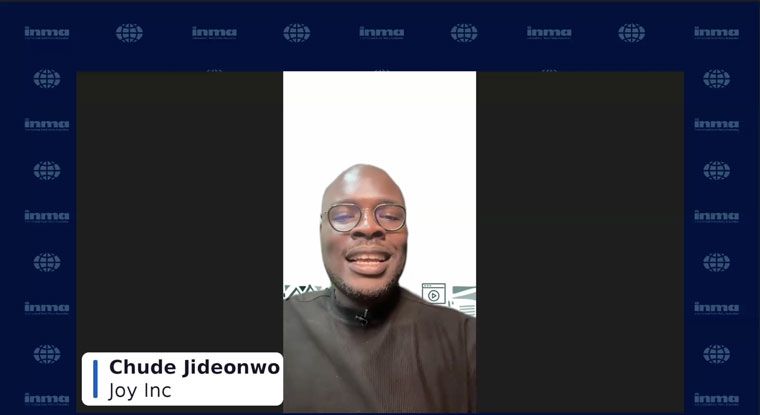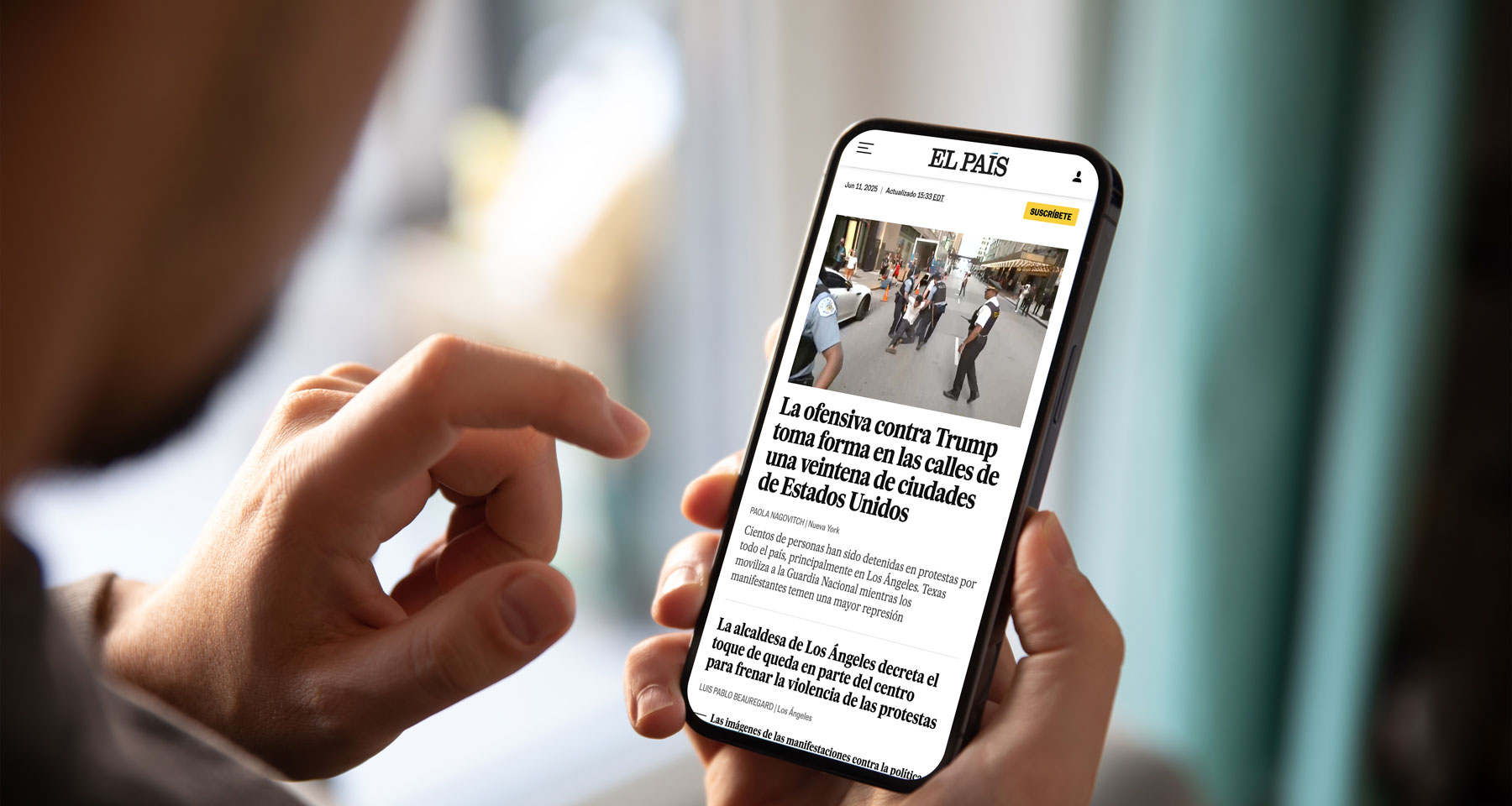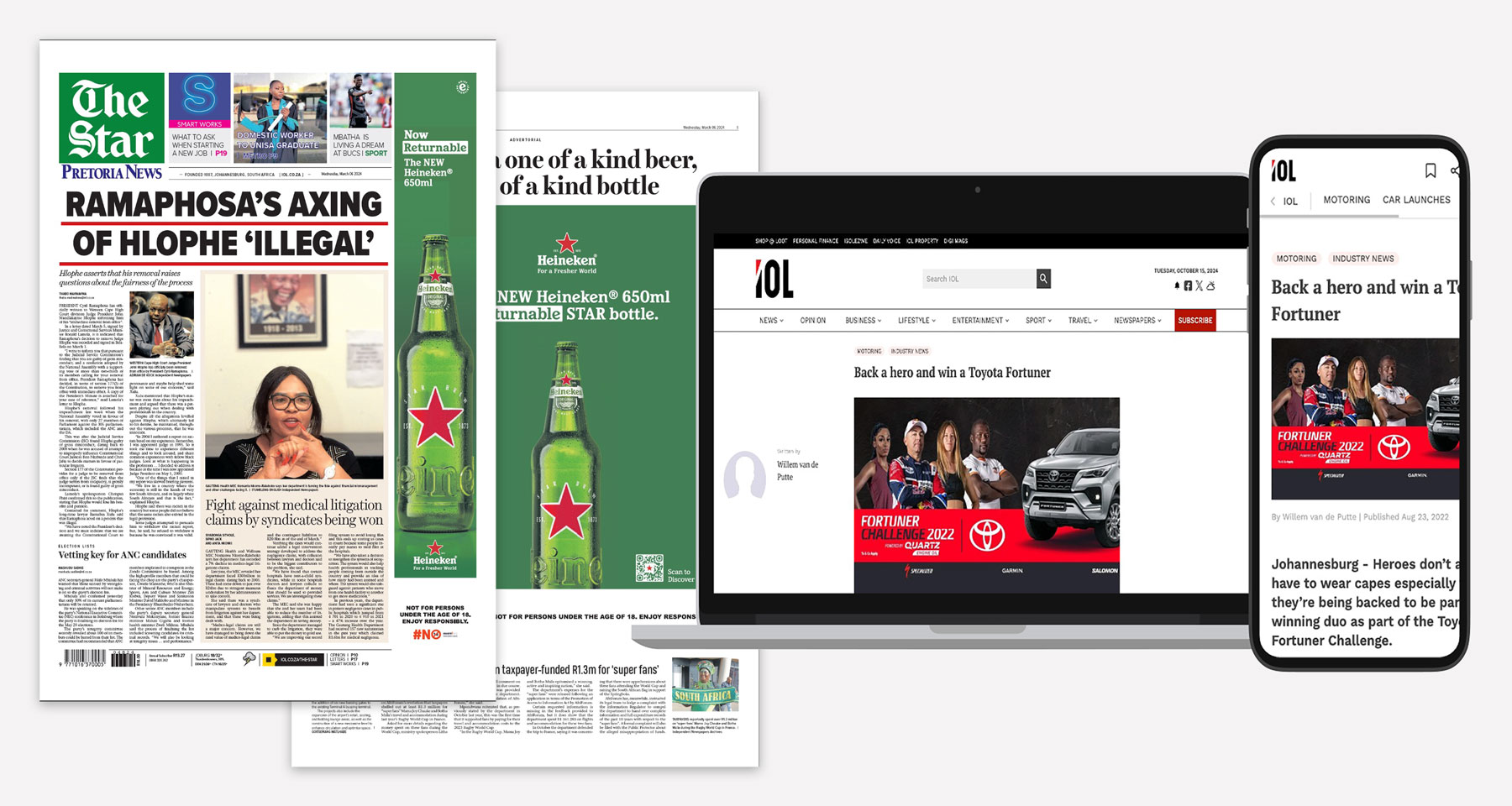Independent TV host pivots to Vimeo subscription model
Conference Blog | 11 September 2025
When Nigerian TV host, filmmaker, and media entrepreneur Chude Jideonwo launched his new show in 2020, he faced a classic media dilemma: Advertisers loved his platform, but they were wary of the tough, truth-seeking stories he wanted to tell.
Rather than compromise his mission, Jideonwo made a surprising discovery: His audience was willing to pay directly for the truth.
At the recent INMA Africa Product & Tech Summit, he shared that this breakthrough was the culmination of a journey that began with his exit from traditional media. After leading a group of media companies, he walked away, disillusioned by an industry struggling to adapt to technological disruption.

“I quit my job running a group of media companies for a number of reasons,” he explained. “But one was that I’d been trying to convince younger journalists that the disinformation happening in our media was more far-reaching than they assumed.”
He watched as entertainers leveraged new digital tools to build movements and monetise their work, while journalists, in contrast, seemed stuck in the past. This friction led him to a pivotal realisation: “We don’t choose the times, the times choose us.”
Launching his own show
Empowered by this idea, Jideonwo struck out on his own to prove that independent journalism could thrive in the new digital ecosystem. He launched his TV show With Chude in 2020, initially operating on the common assumption that while a strong personal voice could build an audience, monetisation would still require the traditional advertising model.
“We spent a year trying to get advertising,” he recalled. “In the absence of governments, in the absence of grants, the only available model was advertising.”
But there was a fundamental problem. The show’s mission was to tackle taboo and sensitive issues, the very stories at the margins that advertisers shied away from. Time and again, brands would respond: “We can’t put an advert on this episode ... . That episode is too sensitive. We don’t want to associate with that.”
This left Jideonwo and his team with a difficult dilemma: soften their content to attract sponsors or stay true to their mission and face financial uncertainty.
They chose to hold their ground.
The turning point came during an interview with filmmaker Pamela Adie, who described monetising her work outside mainstream platforms. Her story sparked a moment of self-reckoning for Jideonwo.
“I realised I’d been preaching about creating new platforms and centering individual voices,” he admitted, “but I hadn’t taken the monetisation part seriously enough.”
From advertising to paid audiences
Inspired, he made a pivotal shift: He stopped chasing advertisers and instead experimented with a subscription model on Vimeo, charging audiences directly for his interviews. He launched the experiment with low expectations, but the results were immediate and shocking.
“I just expected that nothing was going to happen … but in week one, she comes back to me and says people are paying,” he recalled.
Despite the significant hurdle of requiring payment in U.S. dollars, sixty people subscribed in the first week. The growth was explosive. By the third month, subscription revenue had already surpassed the entire previous year’s advertising income.
This wasn't just a new revenue stream, it was a revelation. Jideonwo had proven that audiences were not just willing but eager to pay for journalism that delivered unique, authentic value.
This proof of concept fundamentally changed the show’s operations. Subscriptions became the backbone of With Chude, and the audience’s commitment went far beyond a simple transaction. They demonstrated an extraordinary level of loyalty, overcoming significant technological hurdles just to access the content.
“We discovered that not only would people pay,” Jideonwo observed, “but if they are motivated enough, they will overcome whatever technology challenges exist.”
This dedication seamlessly extended into the real world. The team decided to test this loyalty with a live event.
They were stunned when over 5,000 people paid to attend and simply “sit down and watch live interviews.”
This offline success was the final, undeniable confirmation of Jideonwo’s core thesis: in a crowded media landscape, trust and authenticity are the most powerful currencies. He had proven that audiences will actively rally behind and support independent voices they truly believe in.
Key takeaways
From this successful experiment, Jideonwo distilled several key lessons for building a sustainable media business:
-
Focus on storytelling, not technology. “I realised that our job, as storytellers, is to tell the stories. And their job as tech companies is to do the tech,” he says. Instead of sinking resources into building complex platforms, he smartly leveraged existing tools like Vimeo, YouTube, and Apple.
-
He believes the future belongs to smaller, independent voices. He predicts “newsrooms will have to become smaller and smaller … transmuting” as “individual voices begin to drive the conversation, not large newsrooms.”
-
Sustainability requires diversified revenue. Subscriptions were just the foundation. With Chude achieved profitability by building a model that combines digital memberships, live event tickets, and a cross-platform presence, all while maintaining lean costs.
-
Finally, and most importantly, authenticity is non-negotiable. While advertisers pressured him to dilute his content, his refusal to compromise built the very trust that convinced his audience to pay directly. That trust became his most valuable asset.
Emboldened by his own model’s success, Jideonwo is now looking beyond his own platform. His next mission is to support a new generation of independent creators and journalists who want to apply this same sustainable approach.
“We want to now invest in creators using this model over the next few years,” he announced. “We’ll find those who are doing public-sector, social-impact work, but whose work resonates deeply with the mainstream.”
His ultimate goal is to catalyse a broader movement, building a robust ecosystem where independent, tech-enabled storytellers can thrive on their own terms, free from dependence on advertising or political patronage.






























